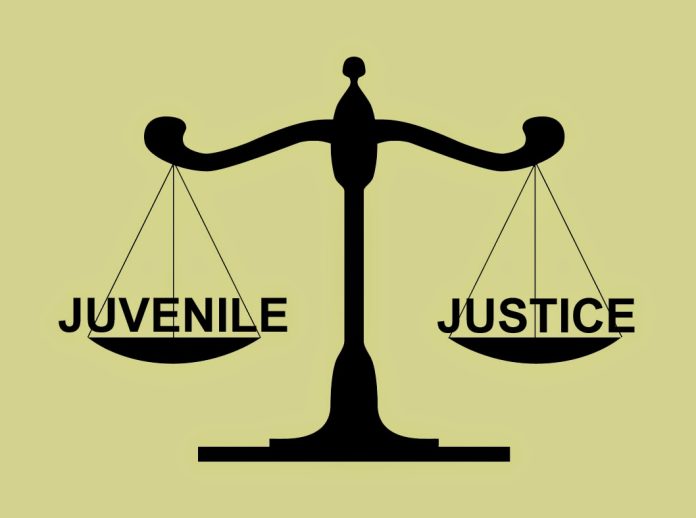In Kenya, the treatment and rehabilitation of juvenile offenders are guided by a commitment to uphold the rights and well-being of the nation’s youngest citizens. Across the country, juvenile detention centers operate with a focus on providing comprehensive care, support, and opportunities for rehabilitation to children in conflict with the law. This approach reflects Kenya’s dedication to fostering positive outcomes for juvenile offenders and promoting their successful reintegration into society.
Creating a Nurturing Environment
Juvenile detention centers in Kenya prioritize the creation of nurturing environments that prioritize the well-being and development of the children in their care. Trained staff members, including social workers, counselors, and educators, work tirelessly to cultivate an atmosphere of safety, respect, and support within these facilities. Basic needs such as food, shelter, clothing, and healthcare are provided to ensure the physical health and comfort of juvenile offenders, laying the foundation for their rehabilitation journey.
Education and Skills Development
Education is regarded as a fundamental right and a powerful tool for rehabilitation within Kenyan juvenile facilities. Children are afforded access to formal education programs tailored to their individual needs and academic levels, ensuring continuity in their educational pursuits despite their circumstances. Moreover, vocational training and skills development initiatives are offered to equip juvenile offenders with practical competencies that enhance their prospects for employment and self-sufficiency upon their return to society.
Psychosocial Support and Counseling
Many juvenile offenders in Kenya have experienced trauma, abuse, or neglect, underscoring the importance of comprehensive psychosocial support services within detention centers. Qualified counselors and mental health professionals are deployed to provide individual and group counseling sessions, trauma-informed care, and therapeutic interventions aimed at addressing the emotional and psychological needs of the children. By creating a safe space for expression, healing, and growth, these services contribute to the resilience and positive development of juvenile offenders.
Family Engagement and Community Reintegration
Recognizing the pivotal role of families in the rehabilitation process, Kenyan juvenile facilities actively promote family engagement and community reintegration efforts. Regular visitation and communication between children and their families are facilitated to maintain strong familial bonds and support networks. Additionally, reintegration programs prepare juvenile offenders and their families for the transition back into their communities, equipping them with the necessary skills, resources, and support systems for a successful reintegration journey.
In conclusion, Kenya’s approach to caring for juvenile offenders underscores a commitment to rehabilitation, reintegration, and holistic well-being. By prioritizing the creation of nurturing environments, access to education and skills development, psychosocial support services, and family engagement initiatives, juvenile detention centers in Kenya strive to empower young offenders to realize their potential and contribute positively to society upon their release.


